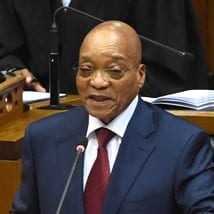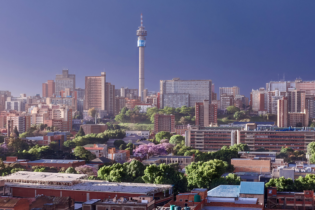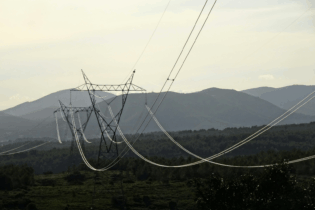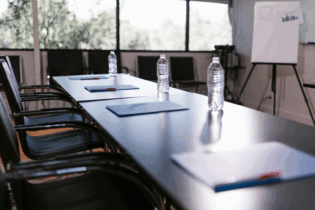By Frances Ringwood
Municipal solid waste has not featured in the forefront of the last two State of the Nation Addresses (SONAs) of 2014 and 2015. This year, off the back of December strike action by municipal rubbish collectors in Johannesburg and similar strike action in August at eThekwini, it’s important that waste management and recycling is featured more prominently on the national agenda. But will these issues receive the attention they deserve? As of February 2 this year, the Presidency released a statement saying this year’s SONA will focus on, “more interaction with the public in governance, with a further emphasis on the message given by President Zuma last year’s SONA that ’local government is everybody’s business.’” This would seem to indicate that metropolitan and municipal solid waste collection – as a core municipal function – will figure more prominently in this year’s plans for the future. However, the Presidency’s statement also made it clear that “the dire state of the economy”, “slow economic recovery” and “highly constrained fiscal growth” is likely to take centre stage at SONA 2016 as a matter of urgency. ReSource contacted Presidency spokespersons Bongani Majola and Phumla Williams to ask whether the Presidency could reveal any further details in respect of municipal solid waste management and recycling but neither were available for comment. Why feature waste? It may well be asked why waste should feature on the national agenda and the answer is simple: urban mining and the collection of valuable raw materials for recycling, has an immense positive spinoff for the local economy. Not only do these activities provide frontline work and business opportunities for informal waste pickers, they also create greater value for local manufacturers, enabling them to produce goods more affordably in support of business sustainability. More than that, recycling operators who pay for recyclables from waste pickers and sell pellets, powders and other raw materials to green industries are able to improve their profitability by having regular single-stream waste supplies. This unlocks productivity and cash flow as a result of economies of scale. In fact, a focus on recycling and waste has significant consequence for both the economy and the strengthening and development of local economic systems.Past SONA’s
In 2014, waste services were dealt with either summarily or elliptically. This occurred first, through frequent mention of the National Development Plan which provides a vision for a successful country based on integrated infrastructure, municipal delivery and citizen buy-in. Second, the Expanded Public Works Programmes’s Working on Waste initiative was mentioned briefly. Mbashe Local Municipality was highlighted as an area in need of a waste management plan and groundwater protection. Mention was also made of a plan to centralise procurement under the Office of the Chief Procurement Officer in the National Treasury. Towards the end of the address, citizens were encouraged to use their public service minutes for picking up litter, when the President asserted “All South Africans should dedicate at least 67 minutes on the 18th of July, to clean South Africa, which is our theme for this year.” Last year, waste and recycling took even more of a back seat as education and electricity generation were at the forefront of the discussion. However, the job-creation potential of the environment was emphasised in the President Zuma’s announcement: “our environmental programmes such as Working on Waste, Working for Wetlands, Working for Water and Working on Fire have created more than 30 thousand work opportunities and aim to create more than 60 000 during the next financial year.” What’s to come? Some of the plans set forth in previous SONA’s have been realised, others have seen imperfect or slow implementation. What’s apparent is waste and recycling issues need a higher profile in South Africa. Proper waste management is good for tourism, promotes economic growth and provides a “quick win” where South Africa can develop expertise to become a leader in Africa and among other world nations. Good waste management is also interlinked with other primary national concerns, such as electricity generation through cogeneration projects, the freeing up of municipal funds by diverting more waste from landfills, and green job creation. Finally, there will be good news stories to tell regarding the local waste sector: in January this year the Department of Environmental Affairs re-launched its Bontle ke Botho (BkB) campaign. BkB is the Gauteng Provincial Government’s clean and green campaign that addresses littering, waste management and greening issues in the province. Already, Gauteng officials have participated in at least one major city clean-up under this banner. To find out where waste features in South Africa’s plans, log on to infrastructurene.ws on Feb 11/12 for a full analysis of SONA 2016.






